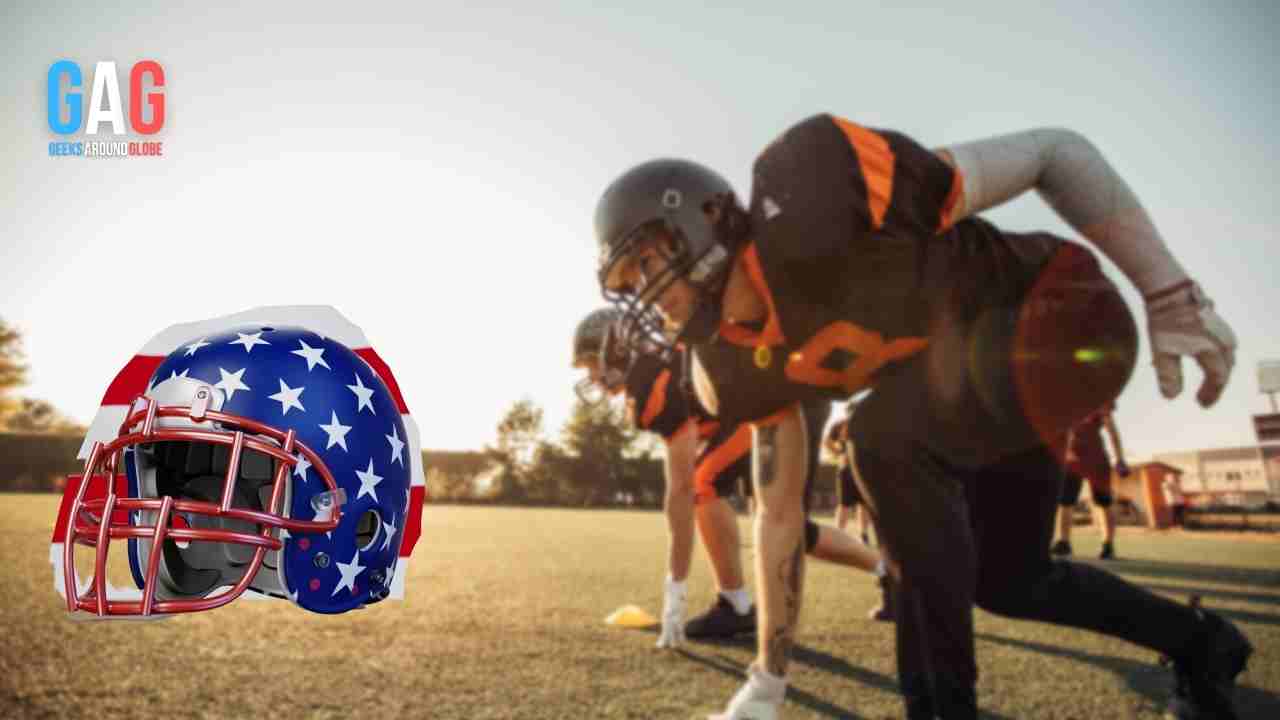Athletes and coaches rarely work alone. Most of the time, they can be seen working as individual cogs in a much larger machine of teamwork and support, aiming for a collective goal. One of the most important aspects of this machine in the realm of sports is sports medicine. No matter how big or small the sport is, you’ll see a sports medicine physician in the background helping athletes recover from injuries and helping give input in several different areas. These essential team members can come in different forms and it might be overwhelming trying to grasp what exactly they do. Don’t worry because we’ve put together a guide for athletes and coaches looking to get a better understanding of sports medicine.
What is Sports Medicine?
Sports medicine is a branch of medicine that focuses on physical fitness, prevention of sports-related injuries, treatment, recovery, nutrition, and more. Sports medicine physicians can give you specialized plans with workouts and nutrition specifically designed for your issues. This will help you get back to your normal routines, stay fit, and get back on the field. Sports medicine physicians commonly treat athletes, teens, and children involved in sports. If you work in physically demanding jobs, it’s highly recommended you see a sports medicine expert for advice on minimizing the risk of injuries.
Several common injuries that get treated by specialists include fractures, heat illness, sprains, tendonitis, concussions, cartilage injuries, and more. They also take care of rotator cuff issues, non-musculoskeletal issues, chronic pain, asthma, arthritis, and other performance issues. They’ll recommend supplements, conditioning, exercises, and nutrition guides. Also, they’ll be one of the deciding factors in making the ultimate call of when an athlete can safely return to playing in their respective sports.
Types of Sports Medicine Specialists
There’s a wide range of sports medicine specialists you can find, but they have many distinct differences. Primary care sports medicine doctors may be working as a family medicine doctor, pediatricians or different doctors with special training in sports medicine. Orthopedic sports medicine doctors also known as orthopedic surgeons, treat and manage musculoskeletal problems. These can include limping, bone infections, ligaments injuries, fractures, spine deformities, and more. You’ll also find sports medicine nurses, which are basically nurse practitioners, and some physical therapists have a sports medicine background as well. Do you research to figure out which professional is best suited for your injury, physical ailment or prevention plans.
When Should an Athlete See a Specialist?
As a coach or an athlete, you might be wondering when it’s necessary to see a sports medicine specialist. If it’s something minor like soreness or dehydration, it’s completely unnecessary. However, if you experience severe pain, limited range of motion or function, inability to put weight on an injured area, severe bruising, swelling, and numbness, then it’s highly recommended to schedule a meeting with a sports medicine specialist. If you’re injured or even concerned about your performance, it’s better to be safe than sorry.
Education
In order to practice sports medicine professionally, an individual needs a bachelor’s degree at the very minimum. They most likely would have enrolled in a pre-med program and then passed the Medical College Admissions Test (MCAT), the standardized multiple-choice exam commonly used to successfully get into medical school. After this, they’ll either enroll in a Doctor of Osteopathic Medicine (DO) program or a Doctor of Medicine (MD) program. The level of education and treatment is virtually the same, but the DO program includes osteopathic manipulative medicine. After medical school, they’ll complete a residency program where they’ll receive hands-on training with seasoned healthcare professionals.
Certifications
There are numerous certifications sports medicine specialists might have that make them more well-rounded, knowledgeable, and valuable than their peers. Having more than one national-level certification makes them more credible and one of the best is the National Academy of Sports Medicine (NASM) Certified Personal Trainer. This exam is challenging and it’s important for them to find the right NASM study guide. If one of your sports medicine specialists wants to move into the realm of personal training, it’s highly recommended that they find a NASM study guide that is both reliable and trustworthy.
Conclusion
Sports medicine specialists are a common sight in any sports team regardless of the level or age group. They’re a valuable asset to any community, hospital, team, clinic, etc. As an athlete or coach, it’s important to know the differences between the specialists before getting treatment or advice. You should visit a sports medicine specialist if you’re injured, concerned about your performance on the field or if you want to take care of your nutritional needs. Specialists have a substantial amount of education, but certain certifications make them more credible. One valuable certification is the NASM and finding a trustworthy NASM study guide is paramount. Make sure you do your research before seeing a sports medicine specialist. Any specialist can be beneficial and help you treat and prevent injuries that arise.







